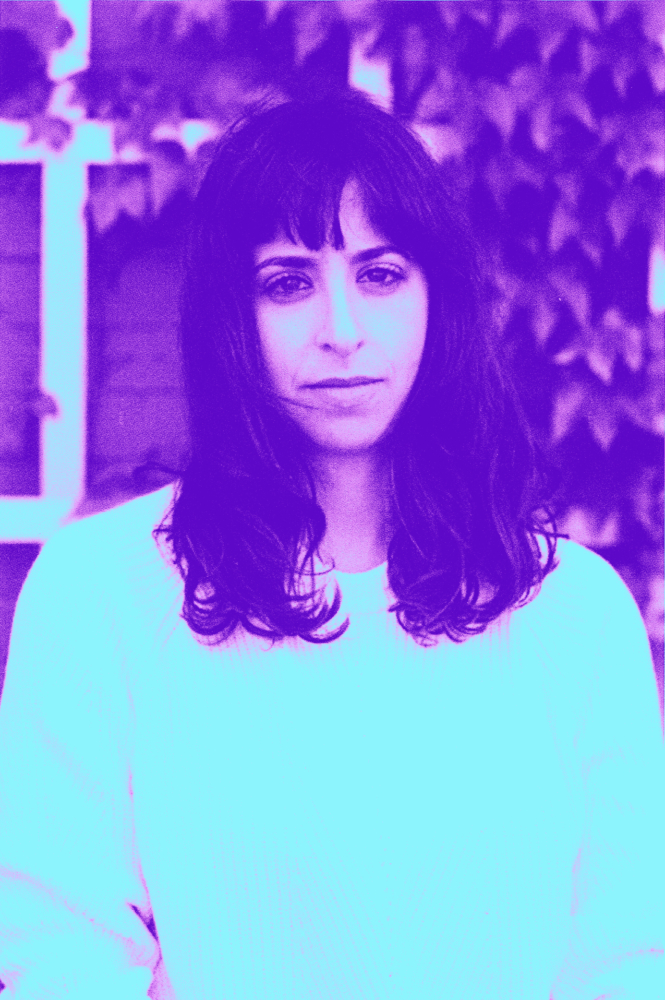

People were reeling from the news that the two largest publishing houses, whose combined value pushed past two billion dollars, had agreed to merge. An online superstore, which had got its start, in the nineties, by selling books on the World Wide Web, was threatening to destroy publishing with the tools of monopoly power: pricing and distribution. I was staving off a thrumming sense of dread. I had a year left on my parents’ health insurance.
program fifteen hundred chopped salads, after taxes. What was my value? One semester of an M.F.A. The year before, I’d received a raise, from twenty-nine thousand dollars to thirty. At twenty-five, I was working in publishing, as an assistant to a literary agent, sitting at a narrow desk outside my boss’s office, frantically e-mailing my friends.

The previous summer, a prominent venture capitalist, in the op-ed pages of an international business newspaper, had proudly declared that software was “eating the world.” It was the dawn of the unicorns: startups valued, by their investors, at more than a billion dollars. The word “disruption” proliferated, and everything was ripe for or vulnerable to it: sheet music, tuxedo rentals, home cooking, home buying, wedding planning, banking, shaving, credit lines, dry-cleaning, the rhythm method. Technologists were plucked from the Valley’s most prestigious technology corporations and universities and put to work on a campaign that reëlected the United States’ first black President. A technology conglomerate that first made its reputation as a Web-page search engine, but quickly became the world’s largest and most valuable private repository of consumer data, developed a prototype for a pair of eyeglasses on which the wearer could check his or her e-mail its primary rival, a multinational consumer-electronics company credited with introducing the personal computer to the masses, thirty years earlier, released a smartphone so lightweight that gadget reviewers compared it to fine jewelry.

Depending on whom you ask, 2012 represented the apex, the inflection point, or the beginning of the end for Silicon Valley’s startup scene-what cynics called a bubble, optimists called the future, and my future co-workers, high on the fumes of world-historical potential, breathlessly called the ecosystem.


 0 kommentar(er)
0 kommentar(er)
